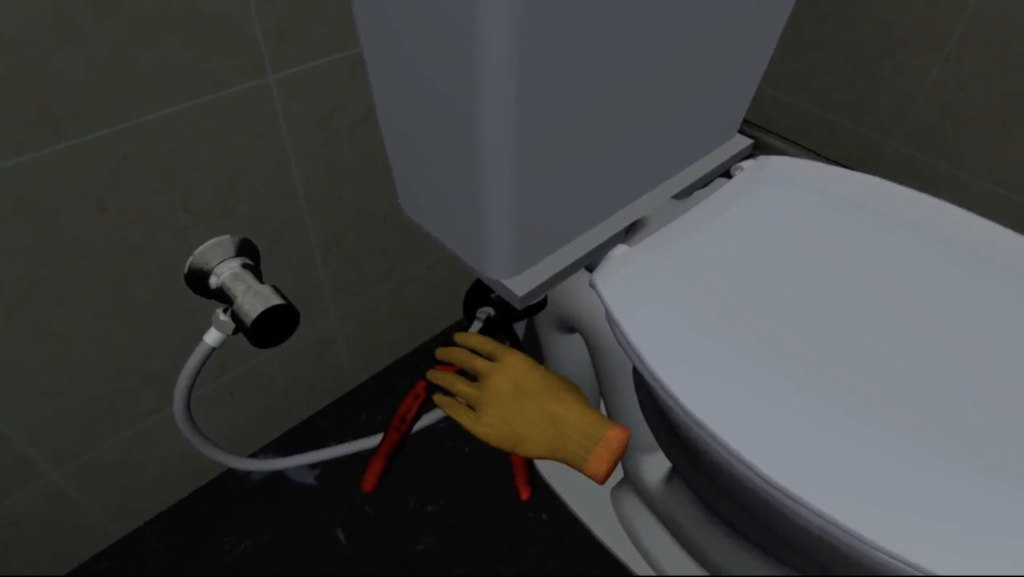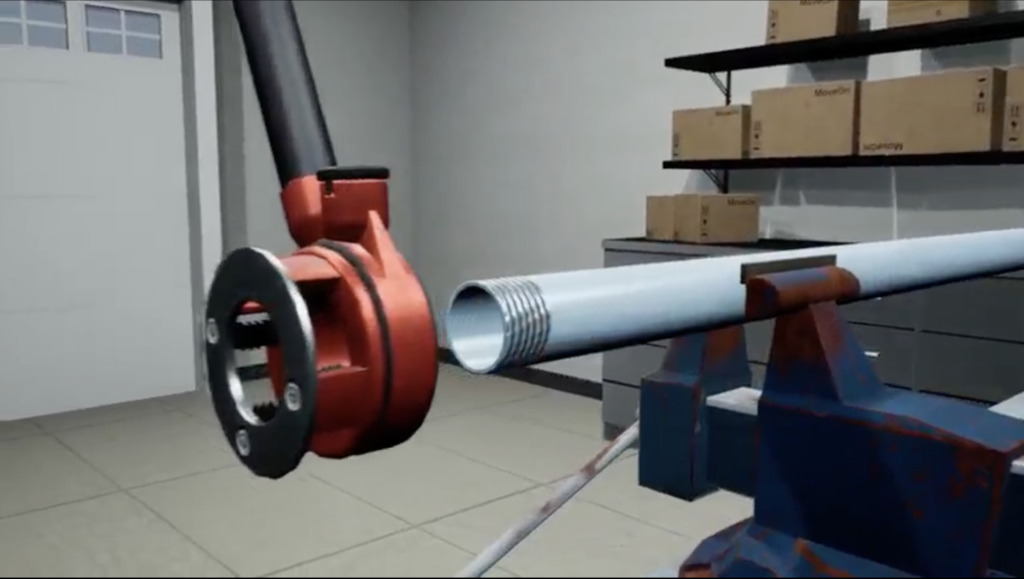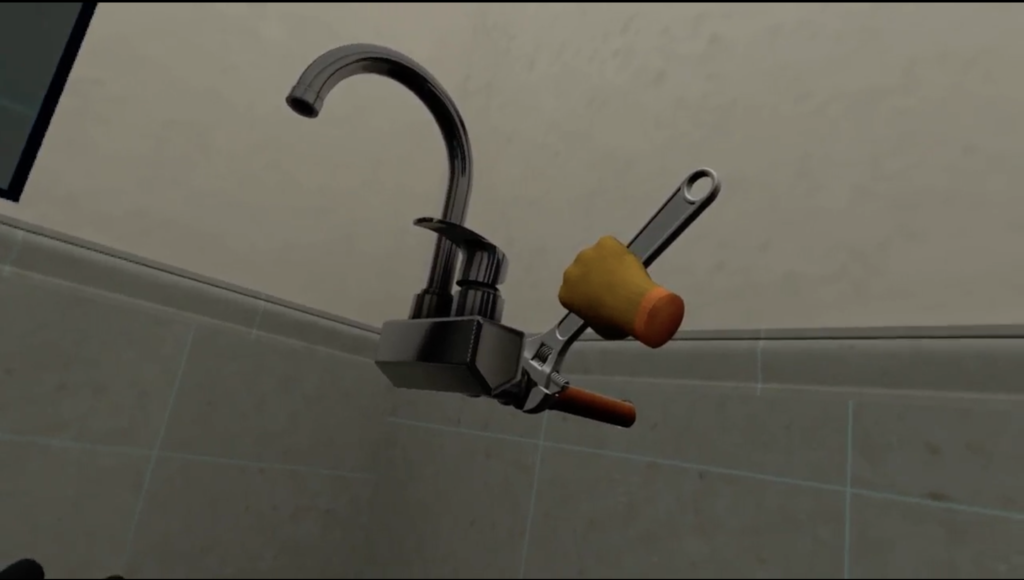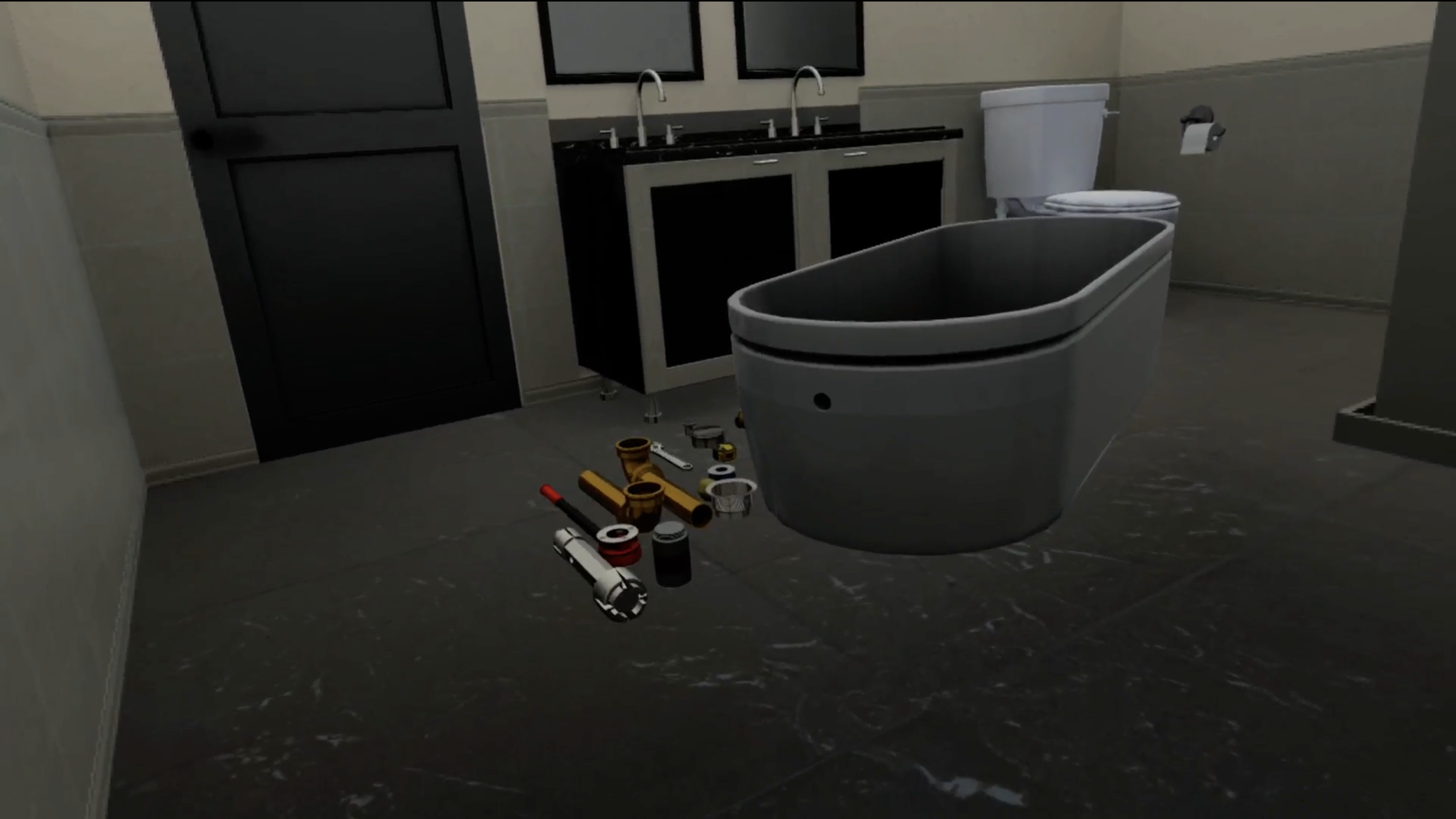Whether you’re a seasoned professional or someone considering a career in plumbing, understanding plumbing certification standards in the United States is crucial. Proper certification not only guarantees quality workmanship but also ensures the safety and reliability of plumbing systems in homes, businesses, and public infrastructure. It not only guarantees quality workmanship but also ensures the safety and reliability of plumbing systems in homes, businesses, and public infrastructure.
In this blog, you’ll discover everything you need to know about industry standards for plumbing certification. Understanding these certifications can open doors to better job opportunities, help you stay compliant with regulations, and ultimately boost your professional credibility. Furthermore, you will gain insights into the varying requirements across countries, the pathways to achieving certification, and emerging trends that are reshaping the plumbing industry.
Why Plumbing Certification Matters
We’ll break down why plumbing certification matters, the key standards across different regions, the certification process, and the steps you can take to thrive in the plumbing industry. Let’s dive in!
– Ensures professional competence and safety
– Protects consumers from subpar work and potential hazards
– Helps plumbers access better job opportunities and higher wages
– Reduces liability for plumbing businesses and contractors
– Ensures compliance with local and international plumbing codes and health standards
Certified plumbers are trained to adhere to safety protocols, ensuring the proper installation and maintenance of plumbing systems. This reduces the risk of leaks, contamination, and other costly or hazardous issues. Certification also signals to employers and customers that a plumber is knowledgeable, skilled, and reliable, increasing job prospects and earning potential. Furthermore, certified professionals are often favored for large-scale industrial, commercial, and municipal projects due to the assurance of quality and regulatory compliance.
Plumbing and Public Health: Lessons from History
Plumbing is not just about fixing leaks; it directly impacts public health. The 1928 Recommended Minimum Requirements for Plumbing highlighted how poor plumbing systems could spread diseases like typhoid and dysentery due to sewage contamination and unsafe drinking water. These health concerns led to the development of modern plumbing codes in the U.S., ensuring proper sanitation and the safety of water supply systems.
Many new plumbers underestimate the health risks associated with improper plumbing work. Failing to install traps or vents correctly can allow sewer gases to enter homes, causing respiratory issues and other illnesses. This is why certification programs place a heavy focus on health and safety practices. Understanding the relationship between plumbing and health gives plumbers a stronger sense of purpose and underscores the importance of doing the job right every time.
Legal Standards and Inspections
Plumbing regulations in the U.S. were born out of necessity to protect public health. Before uniform codes, cities had their own inconsistent rules, leading to confusion and unsafe systems. Today, certified plumbers must follow national standards like the Uniform Plumbing Code (UPC) or International Plumbing Code (IPC), depending on their state. These codes ensure uniformity and safety across residential, commercial, and industrial properties.
Plumbers often face inspection failures due to minor oversights, like incorrect venting or improper pipe slope. These failures can delay projects, lead to rework, and strain relationships with clients. Certification programs teach plumbers how to prepare for inspections and conduct pressure tests using water or air—skills emphasized even in the 1928 guidelines. Understanding the legal foundation of these inspections helps plumbers navigate the process with confidence and avoid costly mistakes.
Material Choices and Corrosion Concerns
A lesser-known challenge for plumbers is choosing the right materials to prevent corrosion. The 1928 document highlighted early concerns about metal pipes corroding due to chemical reactions with water. Even today, plumbers in older U.S. cities frequently encounter corroded galvanized pipes or lead pipes that need replacement. Failing to identify and address corrosion can result in leaks, water discoloration, and even lead contamination, posing serious health risks.
Certification courses cover modern material options like PEX, copper, and PVC, but plumbers must also understand corrosion prevention methods. Knowing when to replace old pipes and how to select durable materials can prevent expensive repairs and protect public health.

Key Plumbing Certification Standards in United States
– Uniform Plumbing Code (UPC): Developed by the International Association of Plumbing and Mechanical Officials (IAPMO), it is widely adopted across many states and focuses on safe plumbing design and installation.
– National Standard Plumbing Code (NSPC): Developed by the National Association of Plumbing-Heating-Cooling Contractors (NAPHCC), this code is primarily used in New Jersey and several other states, emphasizing uniformity and public health.
– State-Specific Requirements: Each state may have its own licensing and certification standards (e.g., California requires additional water efficiency training, while Texas has a multi-tiered licensing system).
– Environmental Protection Agency (EPA) Certifications: Special certifications such as the EPA WaterSense program promote water-efficient plumbing practices.
Types of Plumbing Certifications
– Apprenticeship Programs: Entry-level training combining classroom instruction with on-the-job experience, typically lasting 4-5 years.
– Journeyman Plumber License: Requires completing an apprenticeship and passing a regional or national examination. Journeyman plumbers can work independently but may require supervision for complex projects.
– Master Plumber Certification: An advanced license obtained after several years of experience as a journeyman, often requiring additional exams. Master plumbers can supervise teams and undertake large-scale projects.
– Specialty Certifications:
- Backflow Prevention: Installation, testing, and maintenance of devices that prevent the reverse flow of contaminated water into clean water supply systems. This involves working with backflow prevention assemblies, such as reduced pressure zone (RPZ) devices, double-check valve assemblies, and pressure vacuum breakers. Certified plumbers in this specialty are trained to identify potential backflow hazards, ensure proper installation, conduct annual testing, and troubleshoot system failures to prevent contamination risks in residential, commercial, and industrial plumbing systems.
- Gas Plumbing: Safe installation, maintenance, and inspection of gas piping, gas meters, appliances, and venting systems. This certification ensures plumbers are knowledgeable about natural gas and propane systems, including pressure testing, gas leak detection, and compliance with gas safety codes. Certified gas plumbers are trained to work on residential, commercial, and industrial gas lines, install and repair gas water heaters, boilers, stoves, and furnaces, and ensure proper ventilation to prevent carbon monoxide buildup. They also receive training in emergency response protocols for gas leaks and fire hazards.
- Green Plumbing & Water Efficiency: A specialized field that focuses on implementing environmentally friendly plumbing solutions to reduce water waste and improve energy efficiency. This includes the installation and maintenance of water-saving fixtures such as low-flow toilets, faucets, and showerheads. Green plumbing professionals are trained in greywater recycling systems, rainwater harvesting, solar water heating, and energy-efficient water heaters. They also work with advanced leak detection technologies and water filtration systems to promote sustainable water usage in residential, commercial, and industrial settings. Additionally, these plumbers stay-up-to date with environmental regulations and work closely with builders and property owners to design and implement eco-conscious plumbing systems that align with green building standards such as LEED (Leadership in Energy and Environmental Design) certification.
- Medical Gas Systems: Certification to install and maintain gas lines in healthcare facilities.

Certification Process: What to Expect
– Education Requirements: It includes completing a technical school program, vocational training, or pre-apprenticeship course. Many aspiring plumbers in the U.S. face significant financial barriers when trying to enroll in trade schools, with tuition costs often being unaffordable without loans or grants. Additionally, navigating the right training program can be confusing, as different states have different licensing requirements, leading to uncertainty about which courses align with specific regional regulations. Another major challenge is balancing coursework with full-time jobs or family responsibilities, as many individuals entering the plumbing trade are career changers or working adults. Some programs offer night or weekend classes to accommodate working students, but these options may be limited in certain regions, further restricting access to necessary training.
– On-the-Job Training: Apprenticeship programs typically involve 8,000 hours (4-5 years) of supervised work alongside licensed professionals. For many aspiring plumbers in the U.S., landing an apprenticeship is often the hardest part. Demand for these positions frequently outweighs supply, leading to long waiting periods or the need to rely on personal connections just to get a foot in the door. Once accepted, apprentices often face low starting wages that may not cover basic living expenses, particularly in expensive cities. Many struggle with the physical demands of the job—long hours, heavy lifting, and exposure to harsh environments—while still needing to focus on learning complex systems and codes. Some apprentices also report inadequate mentorship, with supervisors too busy to provide proper guidance. Balancing the need to earn a paycheck with the time required for classes and study further compounds the challenge. Those in rural areas often find it especially difficult, as apprenticeship opportunities may be scarce, requiring long commutes or even relocation. Understanding these realities can help aspiring plumbers prepare mentally and financially for the demands ahead.
– Examinations: Testing can feel like a brick wall for many plumbers in the U.S. The exams cover plumbing codes, system installations, safety rules, and troubleshooting. The biggest stress? The codes are tough, and they change often. You might spend months studying only to realize some rules have been updated. Many people fail the first time. It’s not because they don’t know plumbing—it’s because they didn’t know exactly what would be on the test. Practice exams help, but they cost money. Some plumbers work long hours, so finding time to study is another struggle. It’s easy to feel stuck, but good prep courses and study groups can make a huge difference. It’s helpful to know the state’s specific exam rules and requirements before diving into the study preparations.
– Renewal and Continuing Education: Keeping plumbing license active isn’t just a formality—it’s a constant challenge. Every few years, plumbers must renew their certification, which often means completing mandatory education courses. Juggling full-time jobs, personal responsibilities, lack of study time, and rising cost of education often limits opportunities to stay in the loop leading to missing out on updated knowledge. With plumbing codes changing frequently, it becomes even more significant to work towards staying up to date to avoid unnecessary mistakes on the job. A key requirement in this scenario is license renewal at regular intervals. With multiple difficulties, finding time to attend classes or take online courses can feel impossible. Without renewal, plumbers risk losing their license and their ability to work legally. The key is planning ahead—sign up for courses early, use flexible online programs, and stay on top of industry updates to avoid last-minute stress.
– Innovative Learning Platforms: Plumbers across the U.S. often struggle to get enough hands-on experience before they take on real jobs. That’s where programs like ImmerseLearn VR come in. They let you practice pipe fitting, leak repairs, and safety drills from home. You wear a headset and work through real-world plumbing scenarios—without the pressure of being on-site. The best part? It fits your schedule. You also get instructor-led videos, weekly quizzes to check your progress, and one-on-one career help. This way, you build skills faster and feel ready when it’s time to work in the field or take your license exam.
Challenges and Common Pitfalls
– Navigating Regional Differences: Plumbing regulations and licensing requirements vary significantly across states in the U.S. Each state sets its own codes, standards, and examination criteria, which can create confusion for those seeking certification. For instance, what is acceptable in California may not align with Florida’s requirements.
– Balancing Work and Study: Many aspiring plumbers already work in the trade as apprentices or assistants while pursuing certification. Juggling a job, coursework, and hands-on training can be overwhelming. Time management becomes crucial, and many professionals struggle to allocate enough hours to both work and study.
– Keeping Up with Changes: The plumbing industry evolves rapidly, with new technologies, environmental regulations, and efficiency standards emerging frequently. Certification exams often reflect these updates, requiring candidates to stay informed about the latest advancements. This can be particularly challenging for those working full-time while studying.
– Cost of Certification: Earning a plumbing certification involves several costs, including tuition, study materials, examination fees, and potential licensing expenses. These costs can be a financial burden for some, particularly those entering the field without employer sponsorship.
– Adapting to New Learning Methods: With the rise of digital and virtual reality (VR) training, some students may find it challenging to transition from traditional classroom-based learning to immersive, technology-driven methods.
Future Trends in Plumbing Certification
– Eco-Friendly Plumbing Systems: With increasing environmental awareness, the plumbing industry is shifting toward sustainable practices. Certification programs now emphasize green plumbing techniques, including rainwater harvesting, greywater recycling, and low-flow fixtures. Plumbers with expertise in eco-friendly systems will be in high demand as states implement stricter water conservation laws.
– Smart Plumbing Technologies: As the Internet of Things (IoT) integrates into home systems, smart plumbing technologies are gaining traction. These include leak detection sensors, automated water shut-off valves, and app-controlled water heaters. Plumbers will need specialized training to install, maintain, and troubleshoot these advanced systems. Certification programs are increasingly incorporating smart technology modules to equip professionals with the necessary skills to meet modern consumer and commercial demands.
– Emphasis on Water Efficiency: Droughts and water shortages across various U.S. regions have heightened the need for water-efficient plumbing solutions. Future certifications will prioritize knowledge of high-efficiency appliances, water reclamation techniques, and sustainable urban plumbing designs. States like California have already introduced stringent water conservation policies, influencing national standards. Certification programs must evolve to include coursework on these efficiency measures to ensure plumbers are prepared for future regulatory requirements.
– Digital Learning Platforms: Online education is becoming a staple in vocational training, allowing for greater accessibility and flexibility. Digital platforms provide interactive lessons, virtual assessments, and self-paced coursework, making it easier for students to balance learning with professional commitments. As plumbing certification programs modernize, they will incorporate digital learning tools that enhance theoretical knowledge while providing instant feedback, improving overall comprehension and retention.
– VR-Powered Training Programs: Virtual reality is revolutionizing plumbing education by offering immersive, hands-on training in a risk-free environment. Platforms like ImmerseLearn VR allow students to practice complex installations, troubleshoot issues, and simulate real-world plumbing scenarios without needing physical materials. This approach accelerates learning, reduces training costs, and ensures a safer educational experience. As VR technology continues to evolve, its role in plumbing certification will expand, setting a new standard for skill development in the industry.

Frequently Asked Questions (FAQs)
– What is the highest certification for a plumber?
In the U.S., the Master Plumber Certification is the highest level. It allows you to run your own plumbing business, pull permits, and supervise large projects. Getting there is tough. You need years of experience, pass difficult exams, and stay current with changing plumbing codes. Many plumbers struggle to balance work, study, and family while climbing this ladder. But reaching this level gives you freedom and financial benefits.
– Which plumbing code does my state follow?
States either follow the Uniform Plumbing Code (UPC) or the International Plumbing Code (IPC). Some states tweak the rules, which confuses a lot of plumbers. If you work across state lines, this can be a nightmare. Always check your state and city codes before starting a job. Getting it wrong could lead to fines or a failed inspection.
– What is the highest qualification in plumbing?
A Master Plumber License is the highest qualification in plumbing. It shows you know everything from residential repairs to commercial systems. It also proves you can lead a team and understand complex codes. Getting this license is a goal for many plumbers, but the cost and time commitment push some to quit along the way. Planning and setting aside study time help you stay on track.
– What are the three main plumbing systems?
- Potable Water System: Brings clean water into homes and businesses.
- Sanitary Drainage System: Removes wastewater and sewage.
- Stormwater Drainage System: Directs rainwater away from buildings to prevent flooding.
– Why is plumbing school so expensive?
Trade schools can cost $10,000 or more. That’s a large amount for someone just starting. Many people work full-time and can’t afford to quit their job to study. Some skip school and try to learn on the job, but that can lead to mistakes. Scholarships, grants, or union programs can prove to be helpful. Some employers are willing to pay for training if the student is selected to work with their organization post-training.
– How can I find an apprenticeship faster?
Getting an apprenticeship is hard. There are more applicants than spots. It’s even harder if you don’t know anyone in the trade. Start by asking local plumbing companies directly. Visit union halls and trade associations. Show you’re serious. Some people wait a year or more, but persistence pays off.
– What if I fail my plumbing exam?
Many plumbers fail the first time. The codes are complicated, and the test is stressful. Don’t panic. Review where you went wrong. Sign up for practice exams or a prep class. Studying with other plumbers can help. Take your time—rushing into a retake often leads to another fail.
– How can I keep up with changing plumbing codes?
Codes change often, and it’s easy to miss updates. That can lead to fines or having to redo a job. Join groups like Plumbing-Heating-Cooling Contractors Association (PHCC), or check your state’s plumbing website regularly. Some companies offer code update classes online. Staying informed keeps your work legal and your reputation strong.
– How can plumbers work green and save water?
Eco-friendly plumbing is growing. Homeowners want lower water bills and less waste. Plumbers can install low-flow toilets, tankless water heaters, and greywater systems. Rainwater collection is also getting popular. Learning green plumbing gives you an edge over other plumbers and shows customers you care about saving water.
– What if I can’t afford tools when starting out?
Tools are expensive. Many new plumbers struggle to buy everything at once. Start small. Buy basic wrenches, pipe cutters, and tape measures. Borrow tools from coworkers or look for secondhand gear. Some employers provide tools while you train. Build your collection over time.
Plumbing certification isn’t just a piece of paper—it’s your key to better pay, safer jobs, and real career growth. But getting there isn’t always easy. Long hours, tough exams, and limited hands-on practice can make the process feel overwhelming.
That’s why the right training can make all the difference.
A program like Plumbing Technician from ImmerseLearn is built for future plumbers —combining virtual reality (VR) hands-on training with U.S. plumbing code preparation (UPC or IPC), so you gain real skills from home, on your schedule.
You’ll get expert guidance, weekly assessments, and the confidence to pass your certification exams the first time. Plus, you’ll learn eco-friendly plumbing practices to stay ahead in today’s market.





